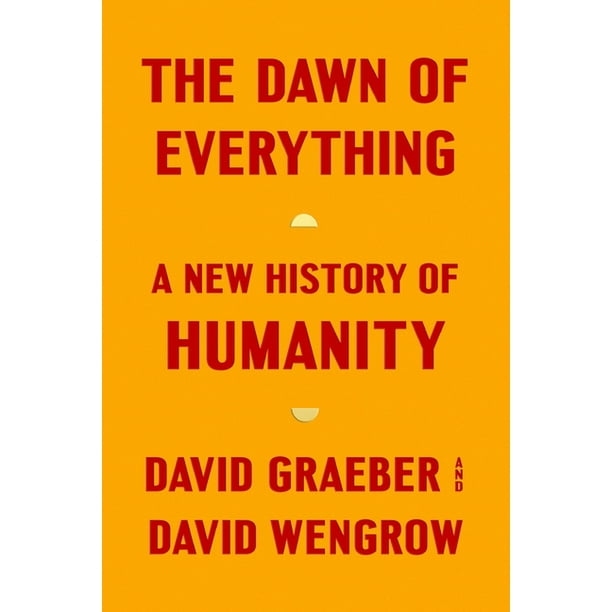#1 2022-07-27 17:49:11
I don't suggest reading material often but finding myself deeply moved by this book:
I am generally a fast reader, but I took 6 months with this book. It changed my viewpoint of where we are as a species, and it addresses the erroneous concepts that we have been viewing the past with. It will challenge you, I promise, but the rewards are great.
Run, don't walk to your local bookstore. I promise, you will be deeply moved.
Dusty
"The Dawn of Everything" - David Graeber & David Wengrow
Extract:
“They are also difficult to reconcile with archaeological evidence of how cities actually began in many parts of the world: as civic experiments on a grand scale, which frequently lacked the expected features of administrative hierarchy and authoritarian rule. We do not possess an adequate terminology for these early cities. To call them ‘egalitarian’, as we’ve seen, could mean quite a number of different things. It might imply an urban parliament and co-ordinated projects of social housing, as with some pre-Columbian centres in the Americas; or the self-organizing of autonomous households into neighbourhoods and citizens’ assemblies, as with prehistoric mega-sites north of the Black Sea; or, perhaps, the introduction of some explicit notion of equality based on principles of uniformity and sameness, as in Uruk-period Mesopotamia.
None of this variability is surprising once we recall what preceded cities in each region. That was not, in fact, rudimentary or isolated groups, but far-flung networks of societies, spanning diverse ecologies, with people, plants, animals, drugs, objects of value, songs and ideas moving between them in endlessly intricate ways. While the individual units were demographically small, especially at certain times of year, they were typically organized into loose coalitions or confederacies. At the very least, these were simply the logical outcome of our first freedom: to move away from one’s home, knowing one will be received and cared for, even valued, in some distant place. At most they were examples of ‘amphictyony’, in which some kind of formal organization was put in charge of the care and maintenance of sacred places. It seems that Marcel Mauss had a point when he argued that we should reserve the term ‘civilization’ for great hospitality zones such as these. Of course, we are used to thinking of ‘civilization’ as something that originates in cities – but, armed with new knowledge, it seems more realistic to put things the other way round and to imagine the first cities as one of those great regional confederacies, compressed into a small space.”
― David Graeber, The Dawn of Everything: A New History of Humanity
https://www.goodreads.com/author/list/2 … id_Graeber
Offline





